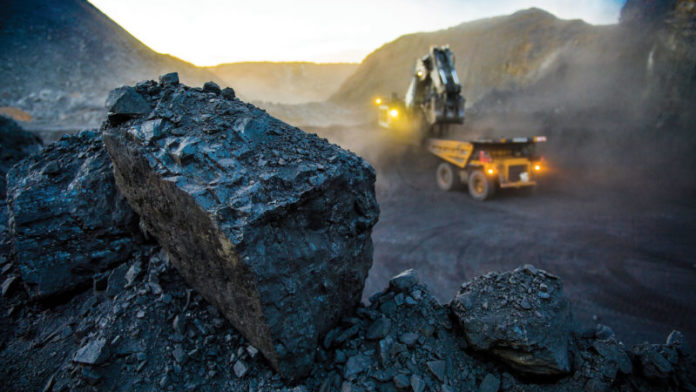
THERMAL coal miner Thungela Resources will deliver an above-forecast increase in export sales from South Africa in its financial year to end-December, largely due to an earlier-than-expected improvement in the performance of South Africa’s struggling rail utility Transnet.
Thungela CFO Deon Smith said Thungela will export 12.5Mt of coal from South Africa (2023: 11.9Mt) in 2024 and 4Mt from recently-acquired Ensham in Australia. Ensham’s production is also higher than previously forecast, due to productivity gains and progress in tackling geological features.
In a pre-close update, Smith said Transnet’s ability to rail more volumes – achieving an annualised run rate on the RBCT line of 56Mt by year-end from 47Mt in the first half – enabled Thungela’s Khwezela and Zibulo mines to step up output.
Supported by the private sector, Transnet has benefited from fitting critical spares to its locomotives, adding more locomotives on the Northern Corridor, and ongoing maintenance, including enhancements to the signaling network.
On a conference call with investors, Smith said Transnet’s next goal was to transport an annualized 60Mt on the export coal line, which requires no silver bullets but “more of the same”: effort, focus on the basics and ongoing maintenance, especially ensuring critical parts are available for the locomotives. He said the full benefit of the initiatives taken to date would be evident in 2025, building on the progress that was already evident.
The benefits of higher export volumes will reflect in Thungela’s operating costs, helping to offset lower global coal prices than a year ago. The average RBCT coal price is $105.21/t for the year to date, down from $121/t last year, while the Newcastle thermal coal price has averaged $135.59/t from $172.79/t in 2023.
Smith said the conflicts in Ukraine and the Middle East were providing support for coal prices, helping to offset a challenging global economy.
Thungela’s goal was to remain competitive, with “costs at double digits and price at triple digits” (in dollars), he said.
There was a general view that the medium-term outlook for coal prices was constructive, supported by developing markets, but there was likely to be volatility driven by sentiment rather than supply and demand imbalances.











